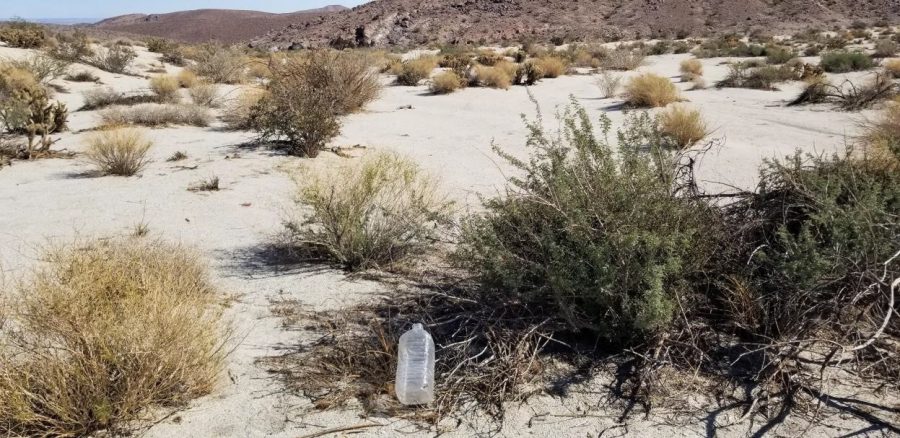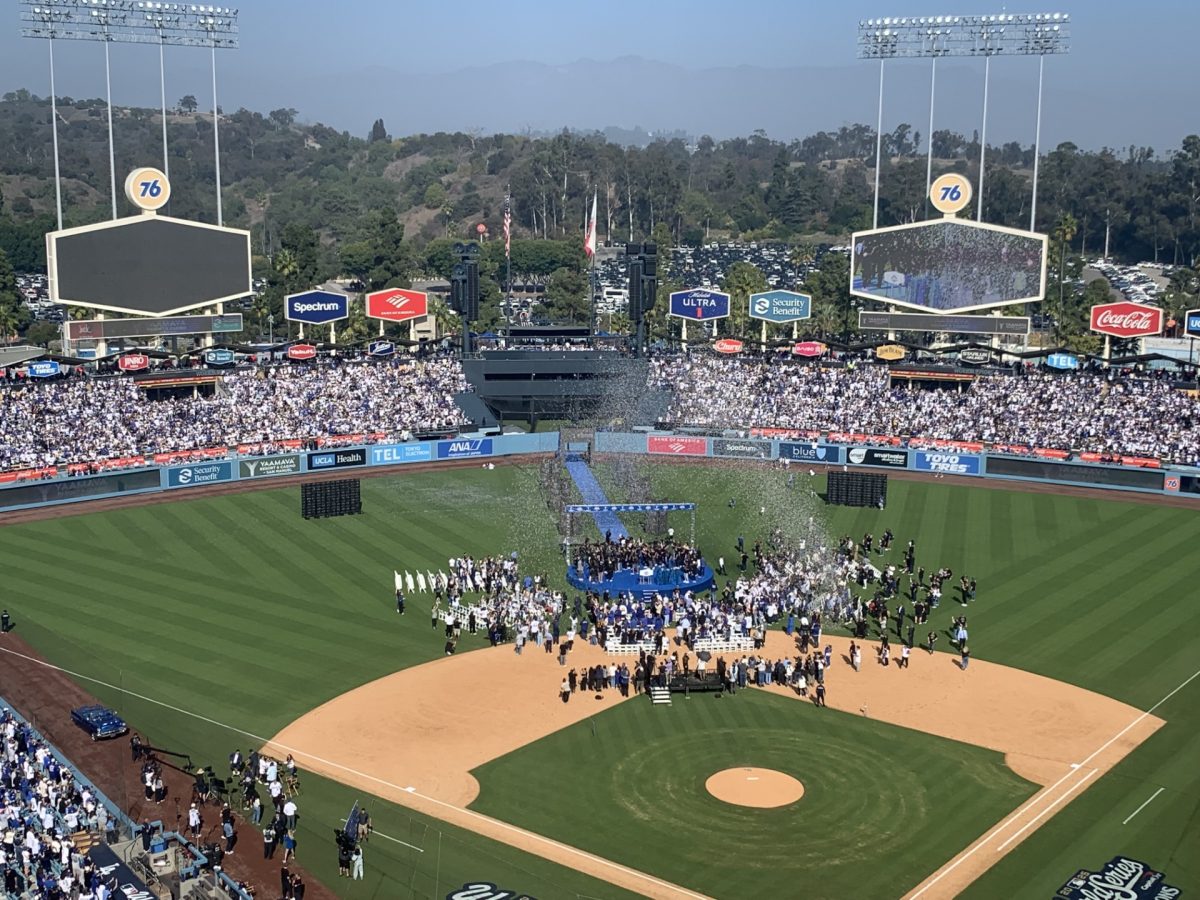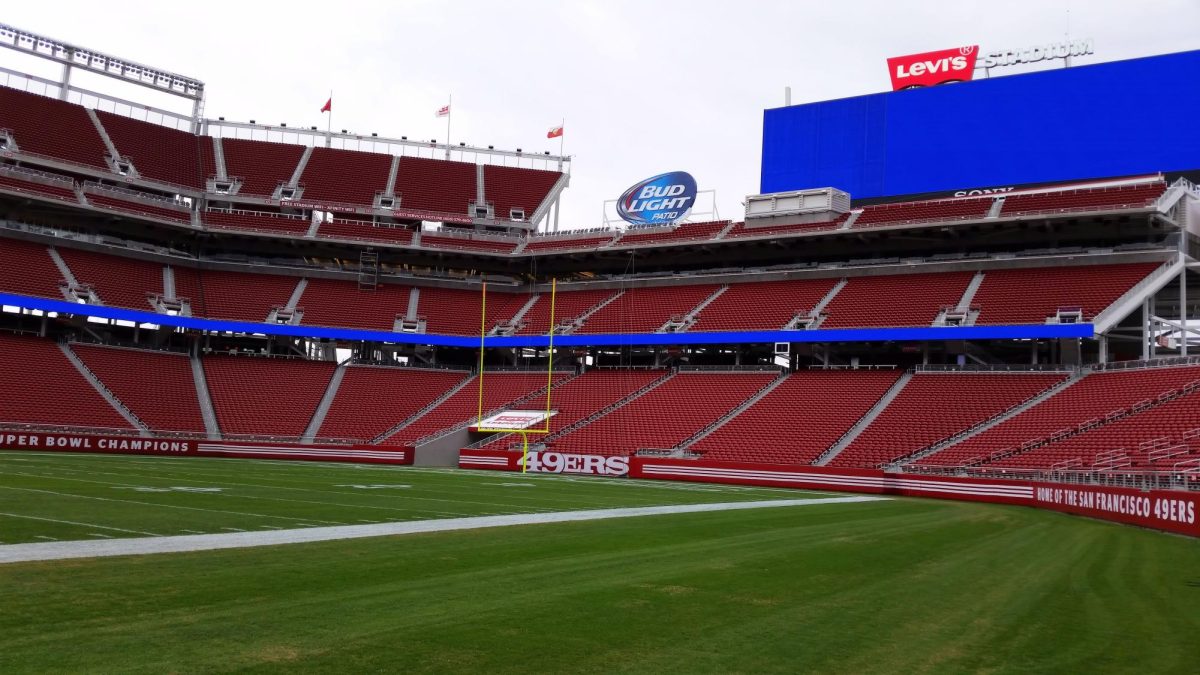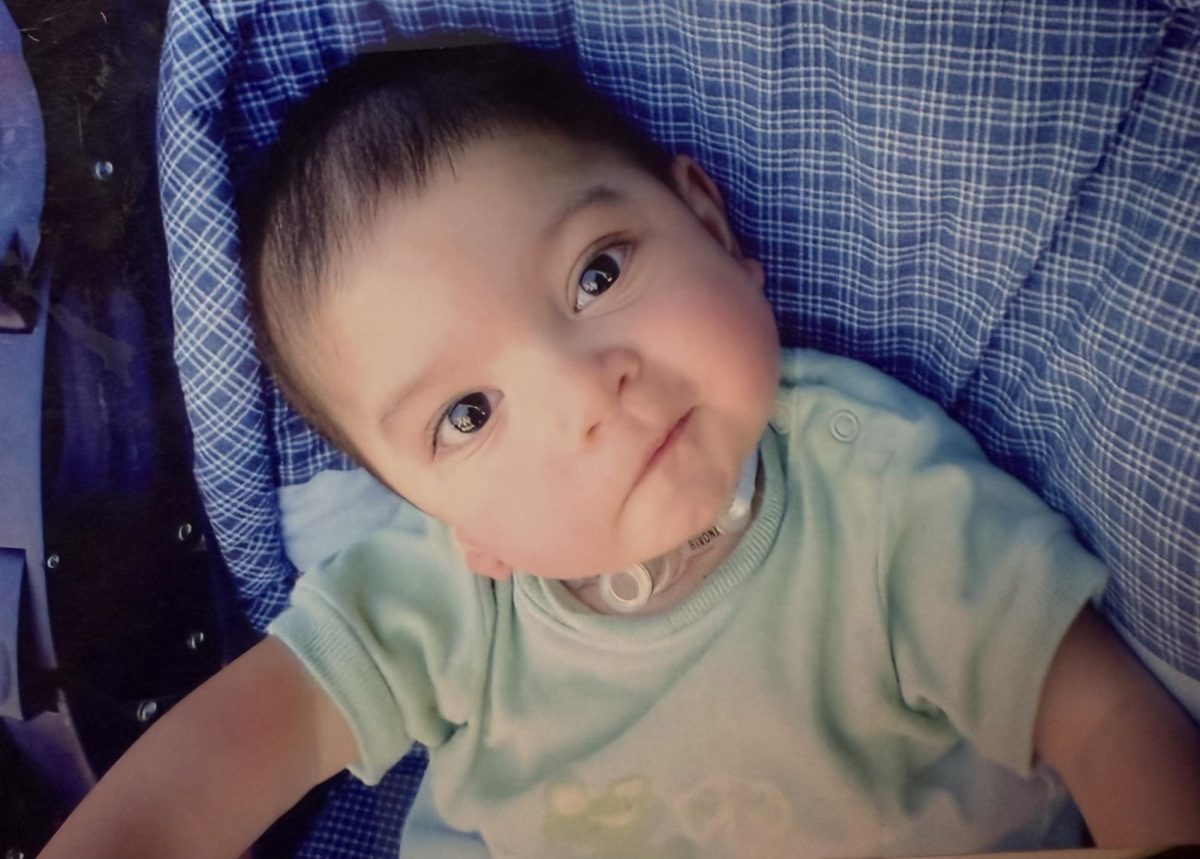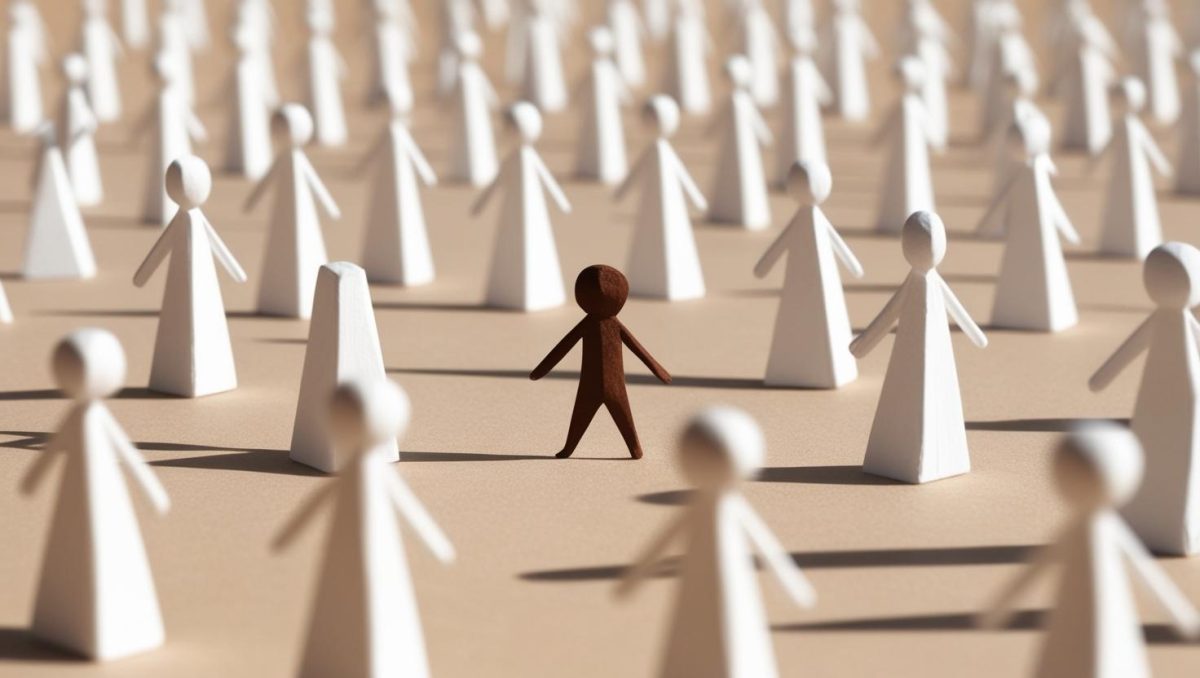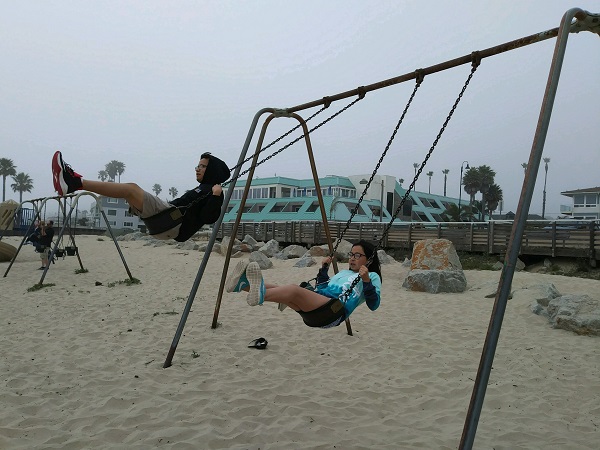As a child growing up in Michoacan, Mexico, I had taken my first footsteps on the small rural ranch where I lived, overlooking hills in the distance and a dam nearby that looked more like a lake. I would jump on the rocks alongside the dam and watched gorgeous sunsets behind the hills.
However, I have discovered that when reflecting on my childhood, it is not my past that comes to mind. Instead, there are random details from everyday life: hiking, socks, and the tastiness of a cold water bottle.
Many of those memories came flooding back on my recent rip through the Yuha Desert.
I went as a volunteer with the nonprofit organization, “Border Angels,” to distribute bottles of water along migrant routes within miles of the U.S.-Mexican border near San Diego.
On that trip, I discovered I was facing my past. I was two years old when I traveled across the border for what felt like a life-sentencing trip.
I was told I was too young to remember the journey. But on this recent trip, it’s as if the desert was trying to tell me something.
I was in a group of 19 people, hiking in the intense heat and carrying four gallons of water on my hands and back.
“Who’d think such beautiful terrain can be so dangerous?” I thought as we trudged on.
I started sweating and immediately became very exhausted. I was drawn to a black item laid out in the distance. I walked to it and found a pair of socks that someone crossing the desert left behind. It gave me the chills: My mother had told me that I, too, had been wearing black socks on my hands to keep them warm.
As I was trying to comprehend what I just had seen, I kept walking. The sun was getting more intense and I had to stop in a rocky area to take a break. As I was savoring and enjoying the last sips of cold water in my own bottle, I became stiff when I found half of a girl’s jacket, lavender with a white zipper.
Again, a surprised memory took me back to my journey as a child. My mother bundled me up as well to protect me from the freezing temperatures.
With tears in my eyes, I realized that I did not just come to the desert to bring water for migrants. I was here to remember my parents’ sacrifice to give me a better future and to understand everything I had endured as a migrant child. I had finally put the pieces together with the objects left behind by others.
I’m forever thankful for Borders Angels and the opportunity they gave me to experience — as an adult — what it’s like to cross the horrifically hot temperatures and harsh conditions.
Many people’s lives change after the experience. Often, they become faithful volunteers and continue to advocate issues regarding migration and border issues.
“When you’re in the desert and you really see the objects that are left behind by people, including children’s objects and objects by people that are not prepared to hike in the desert, it really hit home in how intense it was,” said Emma Bishop, a leader and safety monitor for the nonprofit.
Krisma Montalvo, a Border Angels volunteer, became very involved with the organization after her father was deported.
“This is a lifesaving adventure that we can do every month to try and take gallons out there
[to provide]…at least some sort of refuge because the desert is a tough, tough place to cross through,” Montalvo said.
Border Angels, located in San Diego, drops off gallons of water along migrant routes once a month. Information about the organization is available at borderangels.org.
Community News reporters are enrolled in JOUR 3910 – University Times. They produce stories about under-covered neighborhoods and small cities on the Eastside and South Los Angeles. Please email feedback, corrections and story tips to UTCommunityNews@gmail.com.

